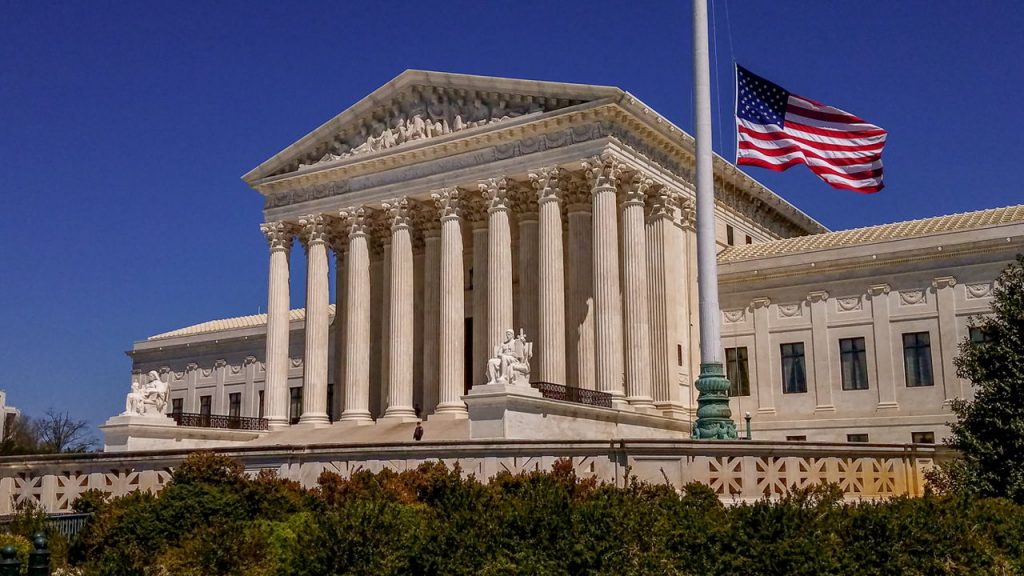When it comes to politics, many Americans seem to be one of two extremes: the Facebook ranters (that the rest of us hide from our timelines) or the blissfully ignorant.
While there are some political arguments that I care about, for the most part I’m be closer to the ignorant camp. The way I see it, people will do what they will do, so what difference does it make if I keep myself updated on their actions? Besides, I don’t even get to vote on Supreme Court justices, so why do I need to know much about any of them?
If God is in charge (and He is), what does it matter if I stay informed about who is in office or on the bench? Isn’t this one of those temporary, earthly things we really shouldn’t be that concerned about? Don’t we have more important, spiritual things to devote time to?
Leaders Affect the Future
In a world where supposedly everyone is separated by six degrees or less, where you can get from one point on the globe to any other in less time than ever before, the fact that our lives affect many other lives is undeniable.
This is even more true for our leaders. Political leaders, on any level, make decisions that affect other people. Their choices and opinions and ideas can protect, harm, and change the communities we call home. Leaders matter because they shape the future of their communities — and the futures of many other people.
Leaders are important, and not only in America. As Christians, we should care about the leaders of Guatemala, Poland, Botswana, North Korea and the people living in those countries — especially our Christian brothers and sisters. It matters if those leaders encourage or allow their people to follow Christ, and it also matters if leaders punish their people for their faith.
Yes, eternity is much more important than trivial and temporary things here on earth. But human lives are never trivial, and by encouraging, allowing or repressing Christianity, even temporary leaders affect eternity.
God Works Through Leaders
Over 200 ago, an infant nation struggled to form the government we still have, and Benjamin Franklin made a suggestion: Let’s pray.
Except he said it more like this: “I have lived, sir, a long time, and the longer I live, the more convincing proofs I see of this truth — that God governs in the affairs of men.”
It’s true. All throughout the Bible we see God actively at work. He set up kings, called prophets, worked through slave girls and shepherd boys and Jewish queens. And finally, He took on another name: Emmanuel. God with us. He entered our world, submitted to human authorities without compromising truth, and sacrificed himself to rescue us.
God chooses to work in the affairs of men. He chooses to work through us and in us — and through and in our governments and leaders.
Ultimately God holds the heart of the king (and the senator, mayor and Supreme Court justice). God will accomplish what He wills no matter who presides in the chamber. But God concerns himself with who leads us. So should we.
Never Hopeless
As we trust our governments and leaders to the God who directs their hearts, we must be involved in the world we live in just as Jesus chose to be involved in it.
We will all be involved at different levels. Some of may get into politics personally, others may mobilize the vote. All of us can pray, even if we do nothing else, for the leaders and for those who are led.
“Our prayers can go where we cannot … There are no borders, no prison walls, no doors that are closed to us when we pray,” Brother Andrew said as he worked with believers in Communist countries decades ago. This is just as true for us here and now.
Politics can be frustrating, and certainly confusing, but never hopeless. And never pointless. After all, God governs the affairs of men, and in eternity we will see more fully how He worked.
In the meantime, I’ll be watching the headlines more closely. And I’ll be praying.












